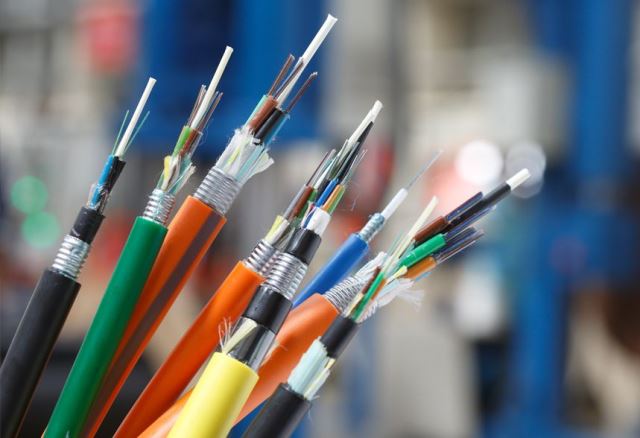Fiber-optic investment in the Netherlands has reached a significant milestone, with the number of fiber subscriptions surpassing cable for the first time.

In the first quarter of the year, 3.3 million households opted for fiber-optic internet, compared to 3.2 million on cable. This shift reflects a strong and growing demand among Dutch consumers for faster, more reliable internet connections, the Netherlands Authority for Consumers and Markets (ACM) said in its report.
Broadband network expansion has accelerated, with leading operators rolling out fiber in previously underserved areas like Zeeuws-Vlaanderen and Northern Drenthe. In many regions, the installation of parallel competing fiber networks has further boosted infrastructure development. The result is a nationwide upgrade in internet quality — 87 percent of households now have access to speeds of at least 100 Mbps.
This momentum highlights a clear consumer preference for high-speed broadband, driven by rising data usage and the increasing importance of streaming, remote work, and cloud services. Traditional landline and bundled service models are on the decline, as households increasingly prioritize standalone internet and television packages.
Operator focus
The main broadband providers in the Netherlands — KPN, VodafoneZiggo, Odido, and Delta — are at the forefront of this shift, responding to consumer needs with enhanced fiber offerings. KPN, VodafoneZiggo, Odido, and Delta continue to compete through infrastructure investment and customer growth.
KPN leads with the largest fiber-optic footprint, reaching over 4 million homes by early 2025 and aiming for national fiber coverage by 2026. Its broadband subscriber base remains strong, with more than 3 million fixed-line customers, driven by migration from copper to fiber.
VodafoneZiggo, traditionally dominant in cable internet, is gradually shifting towards fiber and DOCSIS 3.1 upgrades to maintain high speeds for its nearly 3.2 million broadband customers. Despite not being a fiber-first player, it continues investing in hybrid fiber-coax infrastructure.
Odido, formerly T-Mobile Netherlands, has expanded its broadband market presence through wholesale fiber deals and partnerships, serving over 800,000 broadband customers while investing heavily in both mobile and fixed networks to challenge incumbents.
Delta, backed by EQT, aggressively builds fiber networks in underserved areas and now serves over 1 million broadband customers. The company has committed billions of euros to fiber expansion, with plans to reach more than 2 million households by 2026.
These operators are collectively driving the Netherlands’ broadband transformation, with fiber investment central to future growth and service differentiation.
Baburajan Kizhakedath
